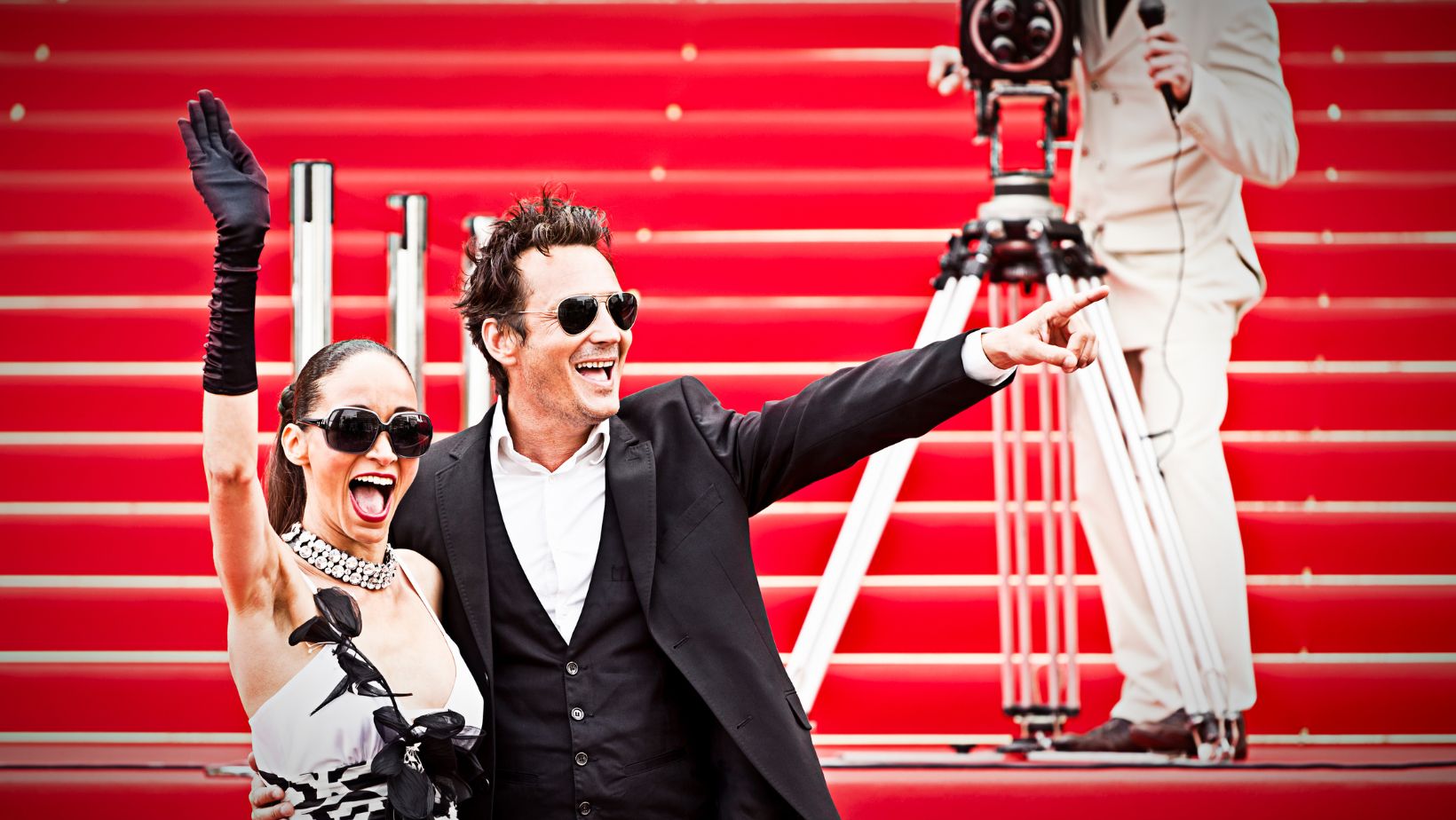
Few phenomena captivate people across cultures and continents like the glittering realm of celebrity life. Whether it’s an actor’s red carpet appearance, a singer’s new relationship, or a viral social media post from an influencer, our collective obsession with fame never seems to fade. The rise of digital platforms has only intensified this cultural fixation, offering real-time glimpses into the private lives of public figures. But beyond surface-level gossip, there’s something deeper fueling the world’s relentless interest in celebrities.
An unexpected trend that’s quietly making waves among online pop culture enthusiasts is the mining bet game, which has gained traction for its mix of strategy and instant gratification. You can explore this trend further mining bet game and see why it’s capturing the same kind of attention that celebrity culture thrives on—thrill, unpredictability, and a constant chase for high stakes.
Parasocial Bonds: Feeling Close to People We’ll Never Meet
Humans are wired for connection, and the media-savvy nature of modern celebrities makes it easy to feel like we “know” them. This emotional illusion is called a parasocial relationship, and it explains why fans cry when their favorite actor breaks up or feel personally offended by a controversial tweet.
These one-sided connections often mimic real friendships, filling emotional voids or adding excitement to daily life. Whether it’s watching an actress navigate motherhood or seeing a musician’s vulnerable moment during a live stream, fans feel as though they’re part of a journey. That perceived intimacy becomes a reliable form of entertainment and emotional release.
The Comfort of Predictability and Familiarity
Celebrities often follow predictable career patterns—album drops, press tours, interviews, award shows. This consistency provides a comforting rhythm that fans can follow and anticipate. Unlike unpredictable real-life relationships, parasocial ones offer drama with little risk, providing emotional stimulation in a low-stakes environment.
Fame as a Mirror: How Celebrity Culture Reflects Our Own Desires
Famous individuals represent more than just talent or beauty; they symbolize ideals, aspirations, and even fears. They often embody what people wish to become or what they want to avoid. When fans watch a self-made actor climb to success, they might see their own dreams reflected. When a scandal breaks, it can trigger reflections on morality, ambition, or vulnerability.
Celebrities also act as cultural barometers. The rise or fall of certain public figures can reflect society’s shifting values—whether it’s the demand for authenticity, mental health awareness, or accountability in power structures.
Celebrity Downfalls as Social Commentary
When a star is “canceled” or falls from grace, it’s rarely just about the individual. These moments often evolve into broader discussions about ethics, privilege, or media manipulation. The audience’s reaction to these downfalls reveals as much about collective consciousness as it does about the individual at the center of attention.
The Business of Fame: Influencers, Brands, and Monetized Identity
Fame today is no longer reserved for movie stars or musicians. Social media has opened the floodgates to new forms of celebrity, including influencers and niche content creators. This democratization of fame has led to the birth of personal brands, where every post, product collaboration, and public appearance becomes part of a strategic business model.
Influencers now partner with global brands, launch their own product lines, and monetize their personalities in ways unimaginable a decade ago. Their relatability often sets them apart—they’re not untouchable icons, but people who feel more like friends with large followings.
- They share morning routines
- Talk openly about struggles
- Engage directly with fans
These strategies humanize them while simultaneously reinforcing their elevated social status.
Celebrity Gossip: Modern-Day Mythology?
For centuries, societies have told stories of gods, heroes, and moral dilemmas. In many ways, celebrities fill that role today. Gossip columns, Instagram feeds, and viral TikToks form the modern mythos, complete with redemption arcs, tragic falls, and tales of extraordinary lives.
While some may dismiss celebrity gossip as shallow, its function is deeply cultural. It provides a shared language, sparks conversations, and often brings people together. Water cooler chatter about a surprise engagement or awards show drama acts as a social glue, reinforcing community and shared interest.
When Gossip Crosses Ethical Lines
Despite its entertainment value, celebrity gossip can also veer into dangerous territory—especially when misinformation spreads or invasive reporting compromises someone’s wellbeing. Balancing curiosity with respect is increasingly emphasized by ethical journalism and conscious fandom movements.
Why Celebrity Culture Isn’t Going Anywhere
As long as humans crave stories, symbols, and connection, celebrity culture will remain a powerful force. What changes is how fame is experienced. From film premieres to livestreams, from old-school tabloids to Instagram Reels, the platforms may evolve, but the core obsession remains rooted in universal human tendencies.
People seek meaning, community, and inspiration, and celebrities—flawed, fascinating, and frequently scrutinized—provide all three. Whether we’re admiring their style, critiquing their choices, or celebrating their wins, famous figures serve as ongoing sources of intrigue and identification.
The future of celebrity culture will likely be even more interactive, immersive, and unpredictable. And given our collective track record, we’ll be watching every twist and turn along the way.


